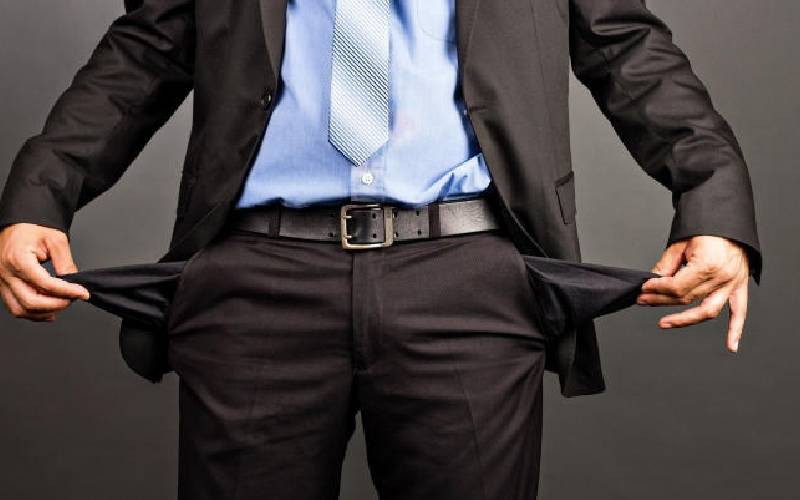×
The Standard e-Paper
Join Thousands Daily

In a rare admission, the government revealed it does not have enough money to pay for its obligations from debts to salaries and pensions.
The message first came from one of the president's top advisers before President William Ruto admitted it publicly. Why is this candidness that has characterised the Kenya Kwanza government, and more importantly, where is the money?